If you’ve ever read through Leviticus and thought, “Why all the festivals?”—you’re not alone. Jewish festivals are more than just historical celebrations or reasons to take a break from work (although, let’s be honest, who doesn’t love a holiday?). These feasts are divine appointments, symbolic signposts pointing to deeper truths fulfilled in Christ.
Passover is a Festival of Redemption
The Passover, or Pesach, is quite probably the biggest event of the Jewish calendar. It commemorates the night God “passed over” the homes of the Israelites in Egypt, sparing them from the plague of the firstborn. God’s instructions were pretty precise: sacrifice a lamb, paint its blood on the doorframe, and eat a hasty meal because freedom was coming. Spoiler alert: it did.
“Now the blood shall be a sign for you on the houses where you live; and when I see the blood I will pass over you, and no plague will come upon you to destroy you when I strike the land of Egypt.”
Exodus 12:13 (NASB)
Once we jump ahead in time to the New Testament, we find that Jesus is the ultimate Passover Lamb. The sacrifice of His blood on the cross protects us from the final judgment of sin and death. Within the context of 1 Corinthians 5:7, Paul, who is not one to mince things, refers to Him as our “Passover.” Is it a coincidence? None of the above.
Pentecost: The Festival of First Fruits
Pentecost, or Shavuot, originally celebrated the first harvest and the giving of the Law at Mount Sinai. Picture this: a festival where you wave bread in the air and thank God for the bounty. It was joyful and symbolic of covenantal commitment.
“You shall count fifty days to the day after the seventh Sabbath; then you shall present a new grain offering to the Lord.”
Leviticus 23:16 (NASB)
Then came Acts 2. Fifty days after Jesus’ resurrection, the Holy Spirit shows up in a fiery grand entrance, transforming terrified disciples into bold witnesses. Instead of the Law being written on stone, it’s now written on hearts. Pentecost becomes the first harvest of the Church. The symbolism practically smacks you in the face.
Feast of Tabernacles: God With Us
The Feast of Tabernacles, or Sukkot, is a reminder of Israel’s wilderness wanderings when they lived in temporary shelters. It’s like a national camping trip to remember how God provided for them in the desert. It’s also a festival of joy, looking forward to a time when God would dwell permanently with His people.
“You shall live in booths for seven days; all the native-born in Israel shall live in booths.”
Leviticus 23:42 (NASB)
John’s Gospel connects the dots when it says, “The Word became flesh and dwelt among us” (John 1:14). The word “dwelt” here literally means “tabernacled.” Jesus is the ultimate fulfillment of God’s presence with humanity, making Sukkot more than a party—it’s a prophecy fulfilled.
Day of Atonement: The Price of Sin
The Day of Atonement, or Yom Kippur, was a solemn day of fasting and repentance. The high priest entered the Holy of Holies once a year to atone for the sins of the people, using the blood of a sacrificial animal. Heavy stuff.
“For it is on this day that atonement shall be made for you to cleanse you; you will be clean from all your sins before the Lord.”
Leviticus 16:30 (NASB)
The writer of Hebrews explains that Jesus entered the heavenly Holy of Holies, not with the blood of animals, but with His own blood, securing eternal redemption (Hebrews 9:12). Talk about raising the stakes.
Jewish festivals weren’t just about remembering the past; they were prophetic, pointing to the work of Christ. This sacrifice foreshadowed His sacrifice. Pentecost was essentially the making of the church, transforming people into strong witnesses. Tabernacles is a time to celebrate God’s return and his eternal presence with us. These celebrations, like little easy to eat breadcrumbs spread throughout history, lead us directly to Jesus.
When reading Leviticus, I’ve always found it easy to skip over, yet the book contains a lot of background for our society, why we do the things we do, and it demonstrates how essential Jesus thought these days were. These festivals tell God’s plan for redemption; they have stood the test of time and continue to be a part of our lives, even the lives of those who have not yet been rescued.
Scripture quotations taken from the (NASB®) New American Standard Bible®, Copyright ©, 2020 by The Lockman Foundation. Used by permission. All rights reserved. lockman.org

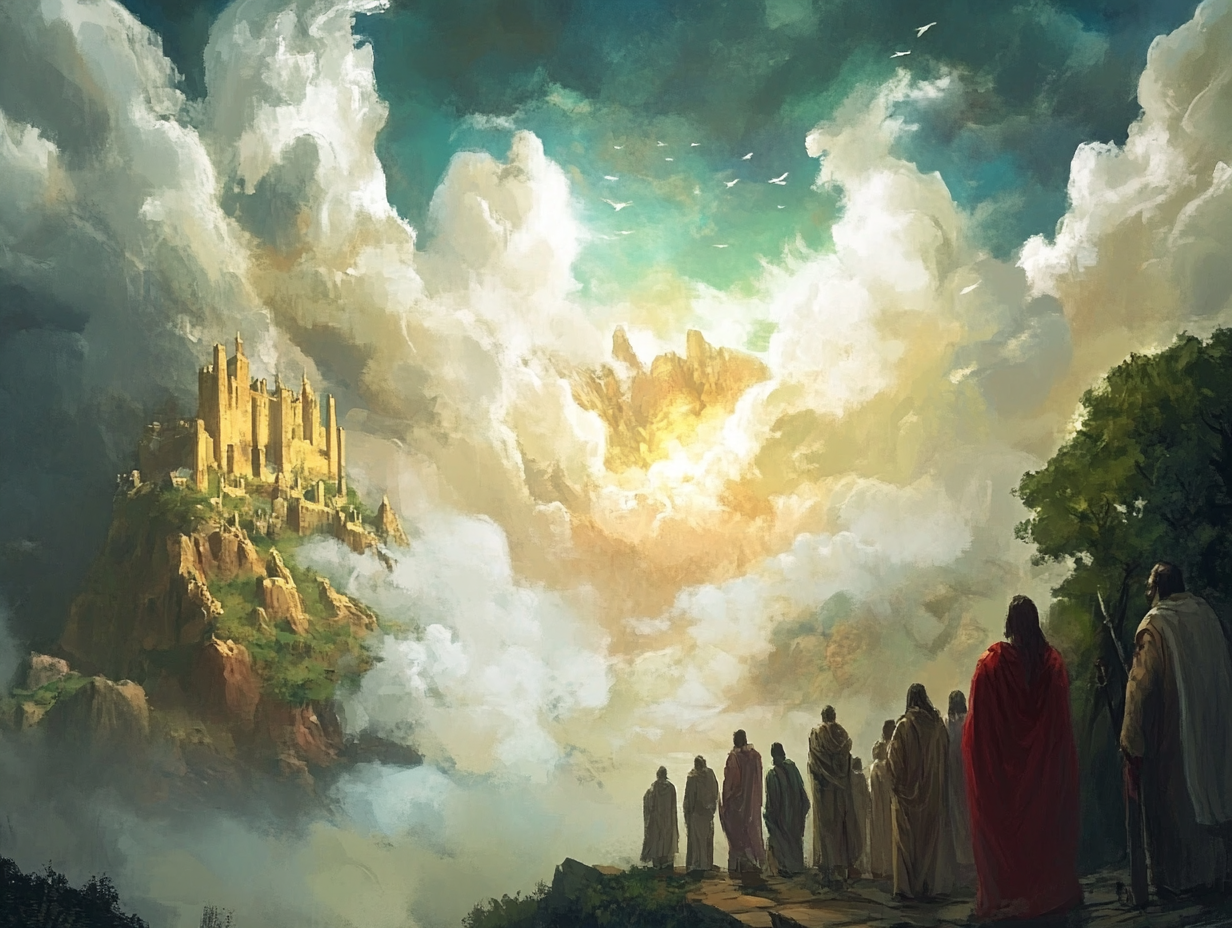
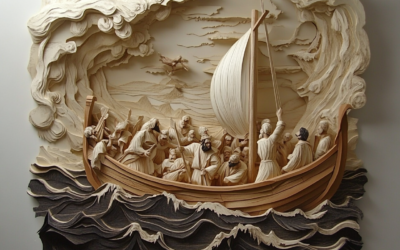
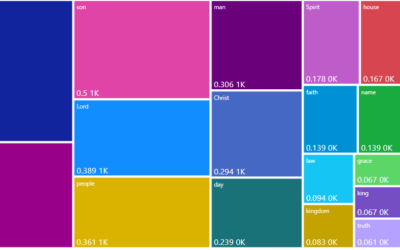
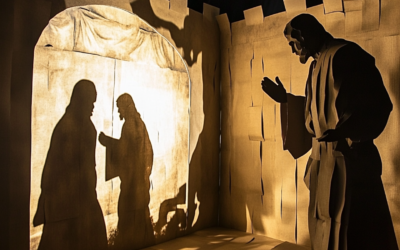

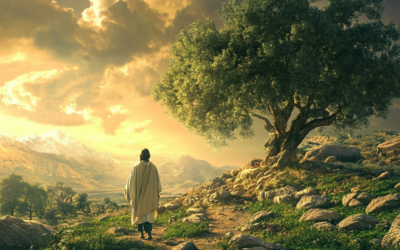

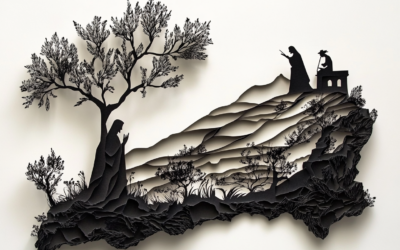
0 Comments